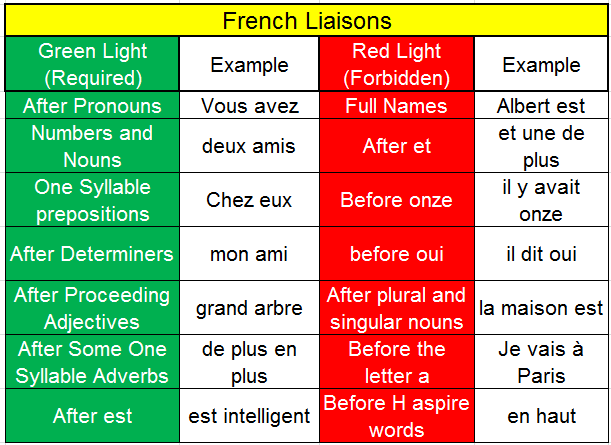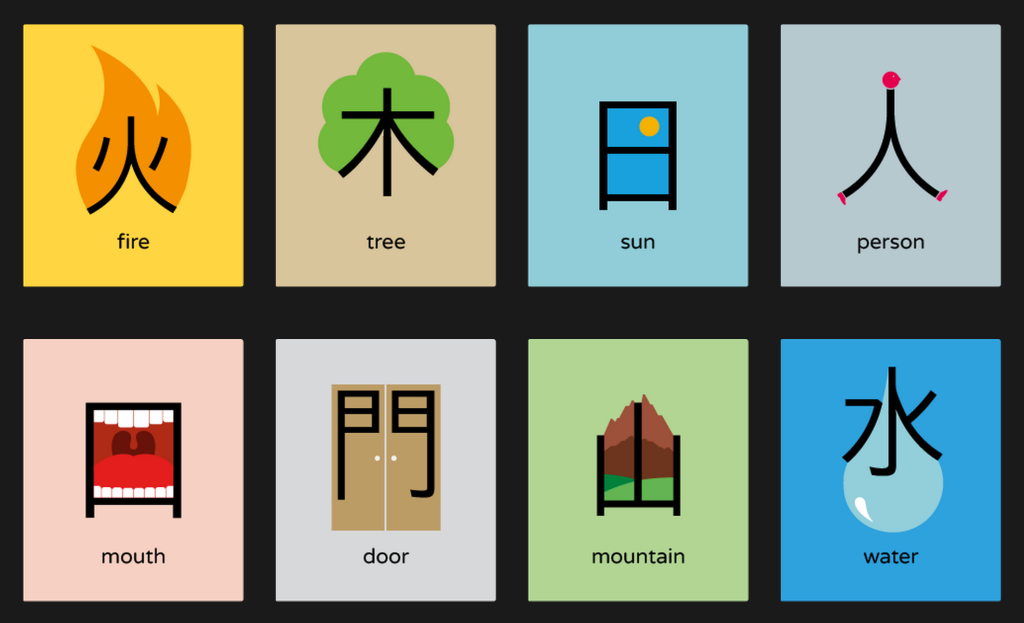It’s all Chinese to me!
The Chinese language became more popular nowadays thanks to the economic growth of China. That’s why I also start to get introduced to the Chinese language! And I found out that Chinese Mandarin is not all Chinese to me! Thus, Chinese is not that hard? I’ll explain first why Chinese is easy and what French and Chinese have in common!
“C’est du chinois!”
I’ve been in contact with Chinese when I started to get curious about it. I met very nice friends from Shanghai, Beijing, Guangzhou, and also Hong Kong…They shared their experience with me and I started to learn a few words. That’s the best and most funny way to learn a language! Being invited by Chinese friends and eating their food and listening to them, watching them interact with each other… I had the chance to share some very interesting experiences. As I learned a few words and got more interested in Mandarin Chinese, I realized that “Chinese is hard” is a myth!
First, everybody who didn’t try enough something finds it hard. We need time to get used to things and love them and also get interested so that we can dig deeper on it. We need to be patient and study every day, that’s for everything, not only French or Chinese language. Secondly, Chinese is easy because you don’t have to learn any conjugation, any agreement of gender or plural, any tenses. Finally, about the phonetic part, Chinese tones are scams that everybody uses to thrill you or as an excuse to NOT learn it. I will tell you why.

Chinese tones equal to English’ word stress. Taking the example of French and English. How comes that sometimes we can’t communicate when we say a word that exists in both languages? Because French pronounced “television” instead of “television” or “optimal” instead of “optimal” (word stress in bold). I think French and English learners all experienced those frustrating situations and I bet you know what I mean 😉
There are many two-syllable words in English that can be pronounced in two different ways. Sometimes the stress change also changes slightly the meaning of the word.
Examples:
- present = a gift (noun); non-past or future (adjective)
- present = to show something to someone (verb)
- object = something you can see and touch (noun)
- object = to disagree with something (verb)
Likewise, it is also true with Italian. The useful thing with Italian is that the stress is written with an accent if it’s confusing. For example: papa (= pope), papà (= dad) prìncipi (princes) / princìpi (principles)… And sometimes it can be 3 different forms: càpito (i turn up) capìto (understood) capitò (it happened)…
See? We say the same word, spelled sometimes exactly the same but we are not able to understand? So what about Chinese tones? Chinese tones have a lot in common with every language! It’s exactly the same but on only one syllable.
The Chinese Technique
The other day, I was trying to say “reflection” in English but as a French speaker, I tend to stress the last syllable. So when my friend didn’t understand I applied the “Chinese technique”: pronounce the word as many times as there are different combinations!
I said first: reflection (didn’t work). Then: reflection (didn’t work). Then: reflection. And I was finally right.
And when a Chinese friend doesn’t understand my Chinese pronunciation I do the same: I repeat 5 times the word with 5 different tones until I get the right combination: “shang/shàng/sháng/shǎng/shāng”.
Although Chinese tones are important, the common myth that they are hard is wrong. When someone is trying to explain why tones are the most important and the hardest (because it’s not exactly), I would answer: What about Chinese songs?? You can’t really hear the tones. How do you understand the lyrics? You know it by the context. Everything here is about statistics. That’s the point where French and Chinese language meet…
That’s the point where French and Chinese meet.
If you speak with a normal speed in Chinese, your tones will be lighter (otherwise, you look crazy). If you speak fast in French, all that stays is rhythm and vowels. Whatever if you don’t know how to pronounce the French R, (the pronunciation of the French R won’t affect the way you make yourself understood) because if you keep the rhythm everything will be easier to understand. Learning to pronounce a word perfectly in French is not that useful and you will waste your time. Because what you need to learn the most is “global rhythm and intonation” aka sentences. That is to say, you need to learn how to link all the words together (that’s also why people think French speak fast). It’s more important to learn how to link words with each other because statistically speaking it’s the situation that you will face the most!

Actually about pronunciation, French can be harder than Chinese because if you learn a single word it will have different combinations in use. Think about “Animal“. it can sound “nanimal“, “zanimo“, “ranimo“, “tanimal”etc..if it’s singular, plural after a consonant or a vowel and so many more cases. However, although in Chinese tones can sometimes change according to the place of the syllable, the spelling doesn’t change, and it makes it easier to me. Yes, Chinese is very easy! And just like French, focusing on the context is more effective than learning perfectly a tone for each single word. Let’s go back to Chinese.
Reading and Writing in Chinese is not hard!
I realized that Chinese can only be a bit tricky because of the Chinese characters. Some of you might think that it’s hard to read or write. In fact, reading is not that hard. The real thing is that it’s just like learning shapes and colors as a kid. Moreover, there is a meaning and a symbol behind each character which could be seen as a good technique to remember. If you learn Arabic, you have 3 ways to write a letter (different shape at the beginning, middle and the end of a word), and you need to ‘guess’ the vowels because none of them are indicated. Do you know that we are supposed to write cursives but not printed letters in French? Most non-European students only know printed ones. They have to learn how to read and write cursives. Still, writing Chinese seems a bit tricky but…nowadays who needs to write on a paper? Everyone is typing! Everything is so easy and fast with pinyin and any keyboard!

Chinese and French are not difficult, you need to think about the context. Don’t start learning single words. Start to use a sentence from day one. This is the best advice I would give anyone wanting to learn French or Chinese. “Impossible n’est pas francais” – Napoléon

I am very impressed! I am trying to learn French n your article has helped me tremendously n propelled me with needed understanding to keep going !
Bonjour Ni Mei Zuan,
Thank you for your feedback! I am glad this is useful for you, and that it helps you to keep going with your French studies!
Feel free to ask if you have any question, I am here to help! Bon courage!!